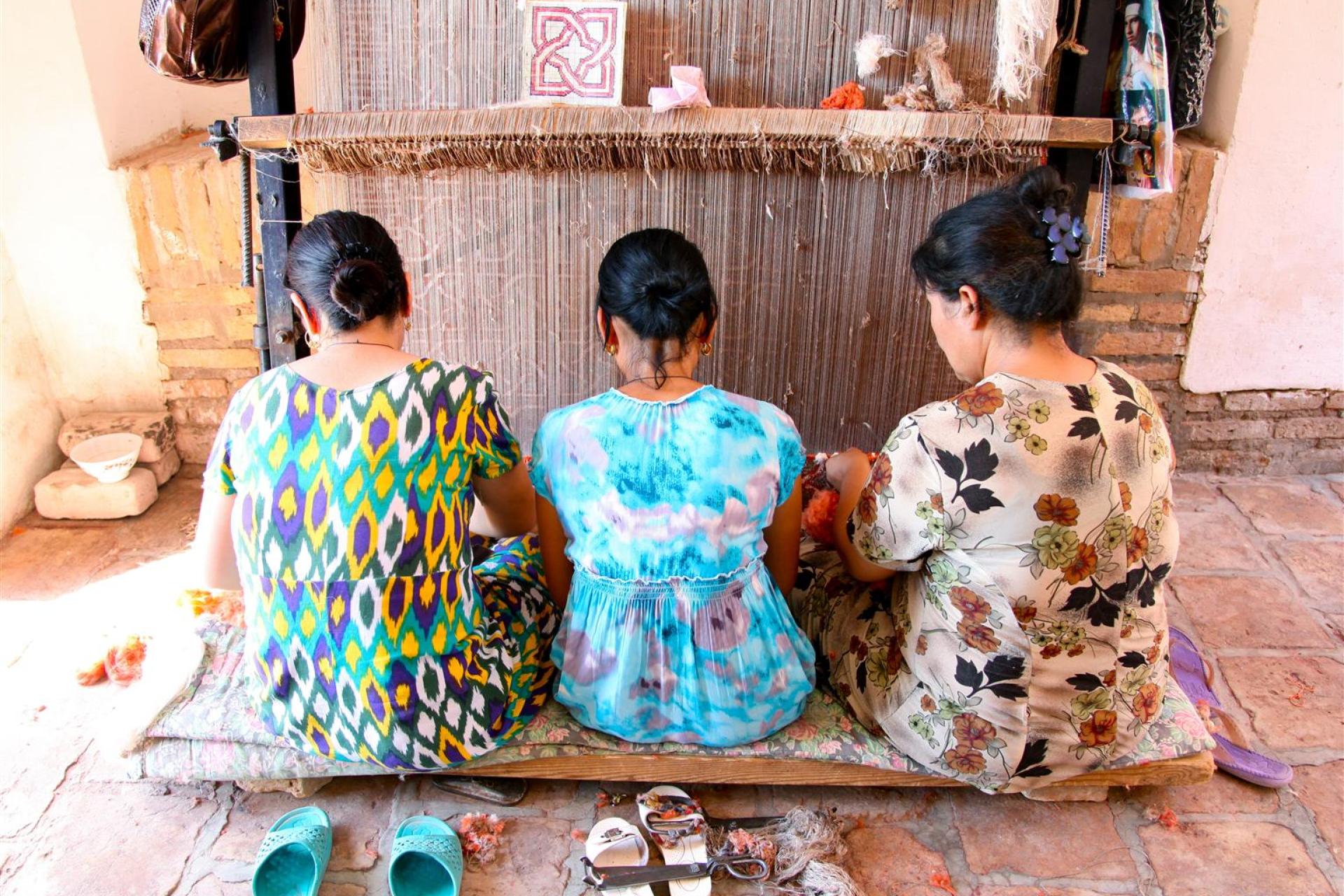 UNICEF/UNI117169/Pirozzi
UNICEF/UNI117169/Pirozzi
International Day for the Eradication of Poverty --17 October 2023
We all deserve dignity, regardless of our social, cultural or economic standing. Unfortunately, those who live in poverty are often denied dignity and denied the effort to help pull them out of the poverty cycle. This year's theme calls for universal access to decent work and social protection as a means to uphold human dignity for all people, and to emphasize that decent work must empower people, provide fair wages and safe working conditions, and fundamentally recognize the inherent value and humanity of all workers.
For those currently living in poverty, the impact of environmental degradation is devastating. Often, they don’t have anything else to fall back on. In fact, vulnerable populations including the poor, marginalized, women, and children will likely suffer first as they depend on biodiversity and associated ecosystem services for their very survival. The current rate of biodiversity loss can have grave consequences and hinder efforts to meet the Sustainable Development Goals, specifically those related to poverty, hunger and health.
The underlying causes of biodiversity loss, climate change and negative health outcomes include change in land-use and habitat, overharvesting, deforestation, unsustainable agricultural and water management practices, climate change, invasive alien species, trade, and more. The overwhelming consequences of climate change and biodiversity loss are responsible for the destruction of innumerable homes, crops, and livelihoods.
The connection between poverty and biodiversity is not new. What is new, is the renewed sense of hope brought with the adoption of the Kunming-Montreal Global Biodiversity Framework – hope for a sustainable future that will help move us towards eradicating poverty.
In its Target 14, the Framework aims to ensure the full integration of biodiversity and its multiple values into policies, regulations, planning and development processes, poverty eradication strategies, strategic environmental assessments, and environmental impact assessments.
The entire Framework is based on a human-rights approach because without biodiversity, there is no future for people here on Earth. That is why we must urgently move the Kunming-Montreal Global Biodiversity Framework from agreement to action – for the future of both people and planet. Together we can move towards a world of dignity, living in harmony with nature.
The current rate of biodiversity loss can have grave consequences & hinder efforts to meet the #SDGs , specifically those related to poverty, hunger, and health.
— David Cooper (@hdavidcooper) October 17, 2023
That is why we must urgently move the #KMGBF from agreement to action. To #EndPoverty.
🔗: https://t.co/nWH8b5QjMM pic.twitter.com/kZFE1YxaR3
More information: